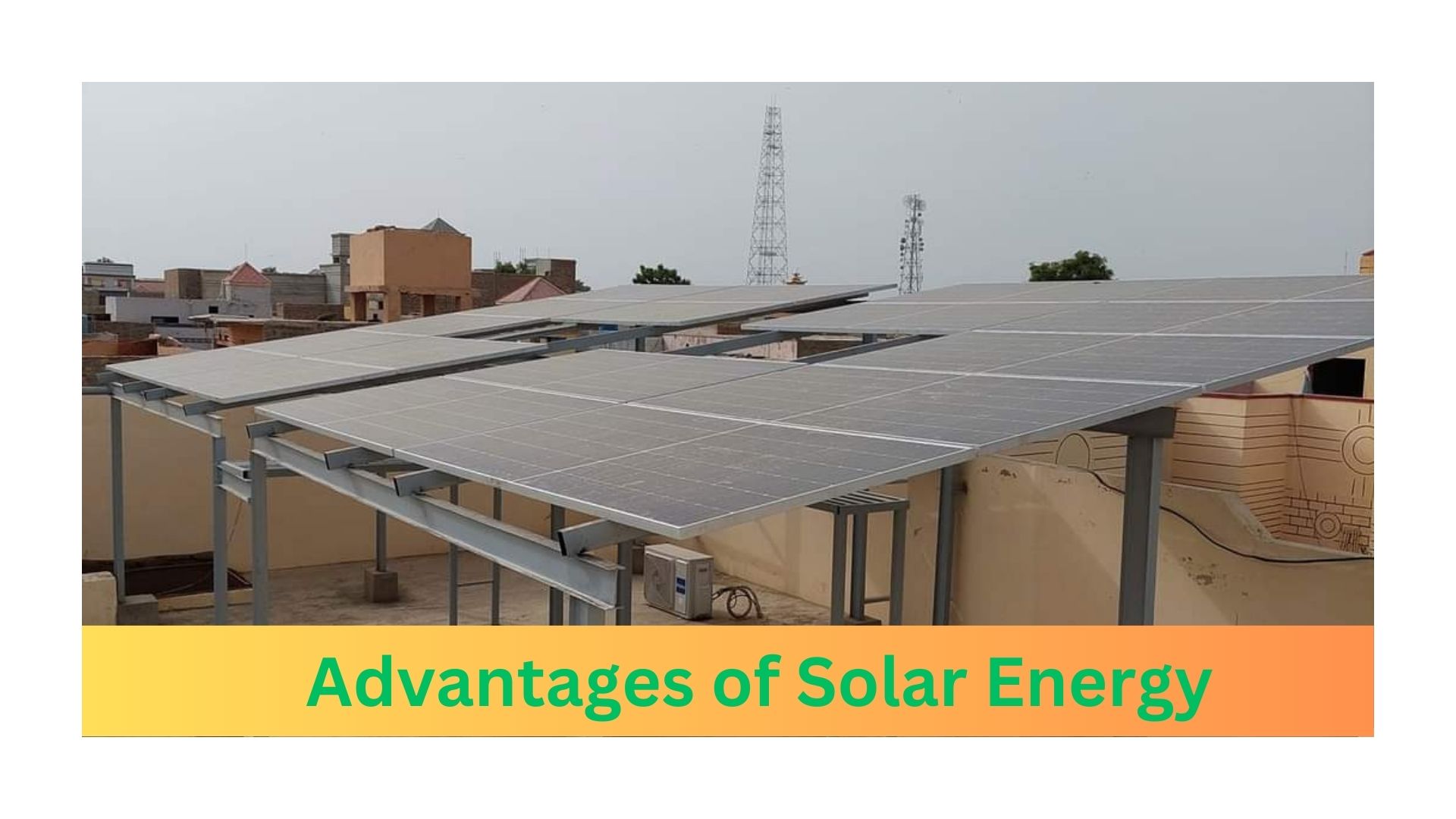As the world grapples with the escalating consequences of climate change and dwindling fossil fuel reserves, the pursuit of sustainable energy solutions has never been more urgent. Among the various alternatives, solar energy stands out as a beacon of hope. But what exactly are the advantages of solar energy? This article delves into the multifaceted benefits of solar energy, illuminating why it deserves a prominent place in our energy landscape.
Understanding Solar Energy
Before diving into its advantages, it’s crucial to understand solar energy. In simple terms, solar energy is harnessed from the sun’s rays. This energy can be converted into electricity or heat, using photovoltaic (PV) panels or solar thermal systems. With advancements in technology, solar energy has become increasingly accessible and affordable for households, businesses, and even large-scale power plants.
Renewable and Sustainable Energy Source
One of the most significant advantages of solar energy is its renewable nature. Unlike fossil fuels, which are finite and deplete over time, solar energy is abundant and inexhaustible. The sun produces an estimated 173,000 terawatts of energy continuously, which is more than 10,000 times the world’s total energy use. By harnessing this energy, we can create a sustainable energy future.
Reduction of Electricity Bills
Solar energy can lead to substantial savings on electricity bills. By installing solar panels on your property, you can generate your own electricity, reducing your dependence on the grid. This not only lowers your monthly bills but also protects you from fluctuating energy prices. In some cases, excess energy generated can be sold back to the grid, further enhancing your savings.
Low Environmental Impact
Solar energy is one of the cleanest forms of energy available. Unlike traditional energy sources that emit harmful greenhouse gases and contribute to air pollution, solar power produces no direct emissions during operation. By transitioning to solar energy, we can significantly reduce our carbon footprint and combat climate change. This is crucial for protecting our planet and ensuring a healthier environment for future generations.
Job Creation and Economic Growth
The solar energy sector has become a significant driver of job creation. As more households and businesses adopt solar technologies, the demand for skilled labor in installation, maintenance, and manufacturing increases. According to the Solar Foundation’s National Solar Jobs Census, the solar industry has created hundreds of thousands of jobs, contributing to economic growth and stability. Investing in solar energy not only benefits the environment but also boosts local economies.
Energy Independence and Security
Relying on fossil fuels often puts countries at the mercy of global markets and geopolitical tensions. Solar energy offers a path to energy independence, reducing reliance on imported fuels and enhancing national security. By investing in local solar projects, countries can harness their natural resources, create jobs, and stabilize their energy supply. This shift is not just beneficial for individual nations; it contributes to global energy stability.
Versatility and Scalability
Solar energy systems can be implemented on various scales, from small residential rooftops to large solar farms. This versatility allows for a wide range of applications. For instance, solar panels can power homes, businesses, and even vehicles. Additionally, solar technology can be easily integrated into existing infrastructure, making it a flexible solution for diverse energy needs.
Technological Advancements
The solar energy industry has witnessed remarkable technological advancements in recent years. Innovations such as bifacial solar panels, solar tracking systems, and energy storage solutions have increased efficiency and reduced costs. As technology continues to evolve, solar energy will become even more accessible and effective. This trend bodes well for the future of renewable energy.
Low Maintenance Costs
Once installed, solar energy systems generally require minimal maintenance. Unlike traditional power plants, which often incur high operational costs, solar panels have no moving parts and can last for 25 years or more. Regular cleaning and occasional inspections are typically sufficient to keep the system running optimally. This low maintenance requirement makes solar energy an attractive long-term investment.
Grid Stability
As the demand for electricity continues to rise, maintaining grid stability becomes increasingly challenging. Solar energy can play a crucial role in enhancing grid resilience. By distributing energy generation across many decentralized solar installations, we can reduce the burden on the central grid and improve reliability. This distributed energy model can help prevent blackouts and ensure a stable energy supply.
Increased Property Value

Investing in solar energy can enhance the value of your property. Homes equipped with solar panels often sell for more than similar homes without solar installations. Buyers are increasingly looking for energy-efficient features, and solar panels can significantly boost a property’s appeal. This added value can make solar energy a smart financial decision for homeowners.
Frequently Asked Questions (FAQs)
What are the main advantages of solar energy?
The primary advantages of solar energy include its renewable nature, cost savings on electricity bills, low environmental impact, job creation, energy independence, versatility, low maintenance costs, and increased property value.
How does solar energy reduce electricity bills?
By installing solar panels, you can generate your own electricity, reducing your dependence on the grid. This leads to lower monthly bills, and excess energy can sometimes be sold back to the grid for additional savings.
Is solar energy environmentally friendly?
Yes, solar energy is one of the cleanest energy sources available. It produces no direct emissions during operation, significantly reducing your carbon footprint and contributing to a healthier environment.
What are the job opportunities in the solar energy sector?
The solar energy sector offers various job opportunities, including roles in installation, maintenance, manufacturing, sales, and engineering. As the industry grows, so does the demand for skilled labor.
How long do solar panels last?
Most solar panels have a lifespan of 25 years or more, with minimal maintenance required. Regular cleaning and inspections can help ensure they operate efficiently throughout their lifespan.
Can solar energy be used in all regions?
Yes, solar energy can be harnessed in various climates and regions, although the efficiency may vary based on local sunlight conditions. Advances in technology are also making it possible to generate solar energy in less sunny areas.
Conclusion
The advantages of solar energy are numerous and impactful. From reducing electricity bills and environmental benefits to job creation and energy independence, solar energy presents a compelling case for a sustainable future. As technology continues to advance and costs decrease, the adoption of solar energy will likely expand, contributing to a cleaner, greener planet. Embracing this renewable resource is not just an investment in our homes and businesses; it’s an investment in the future of our planet.




















